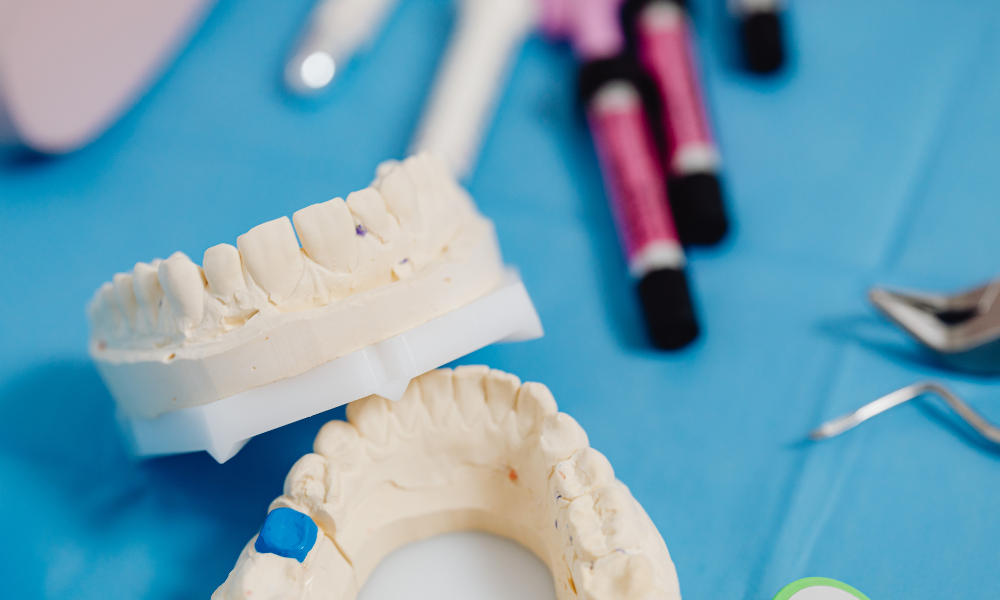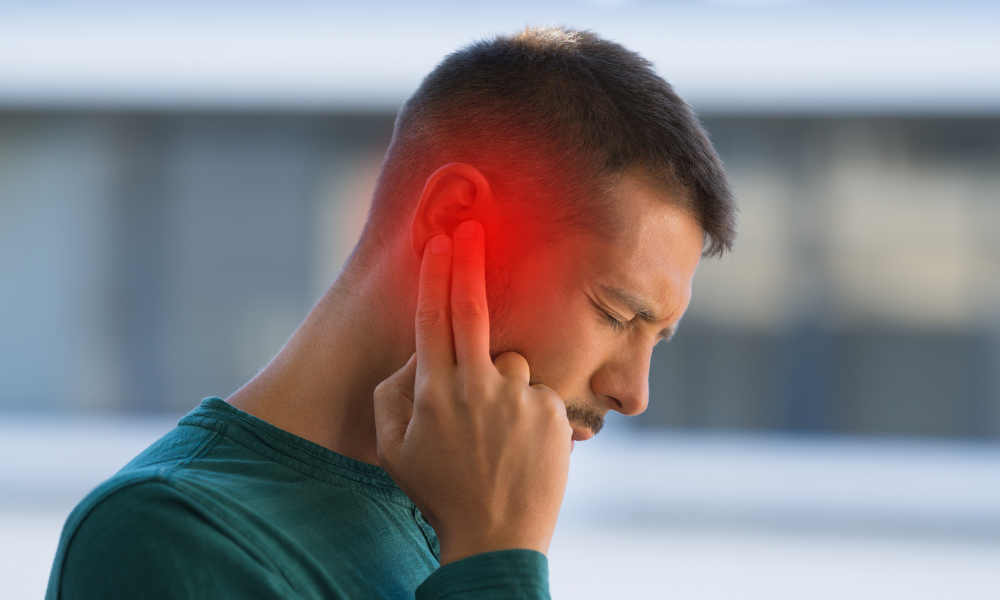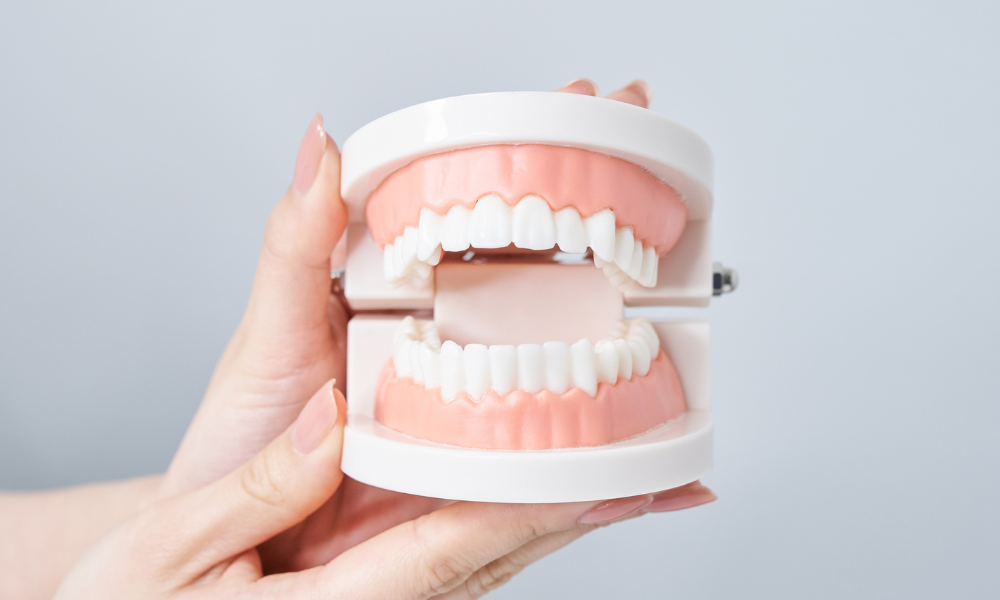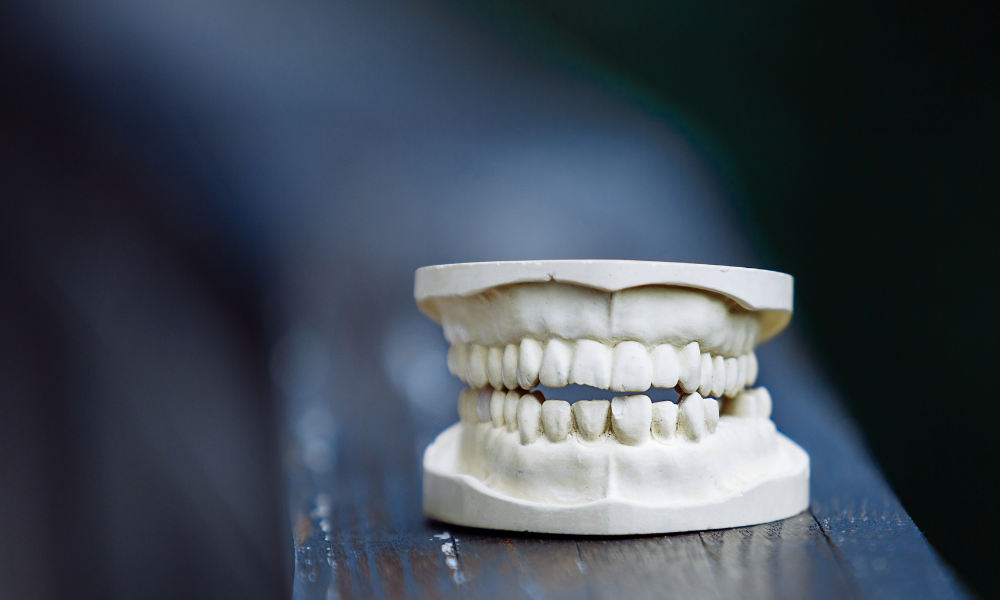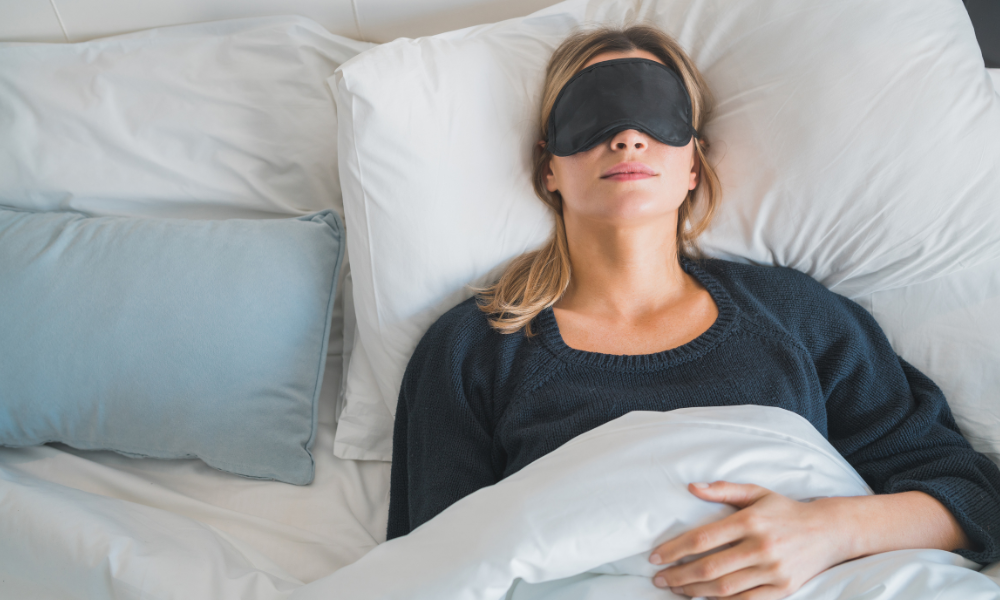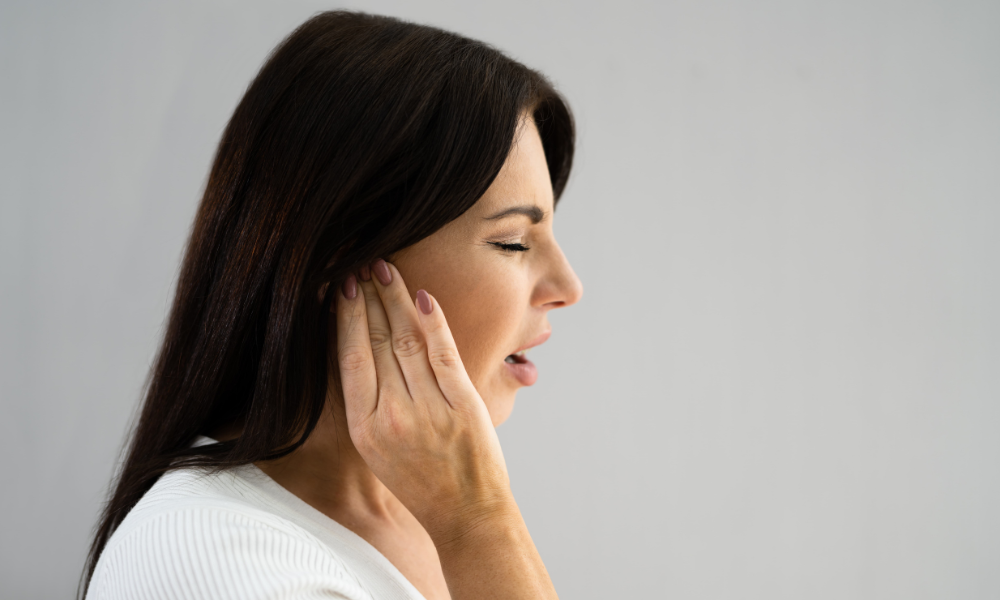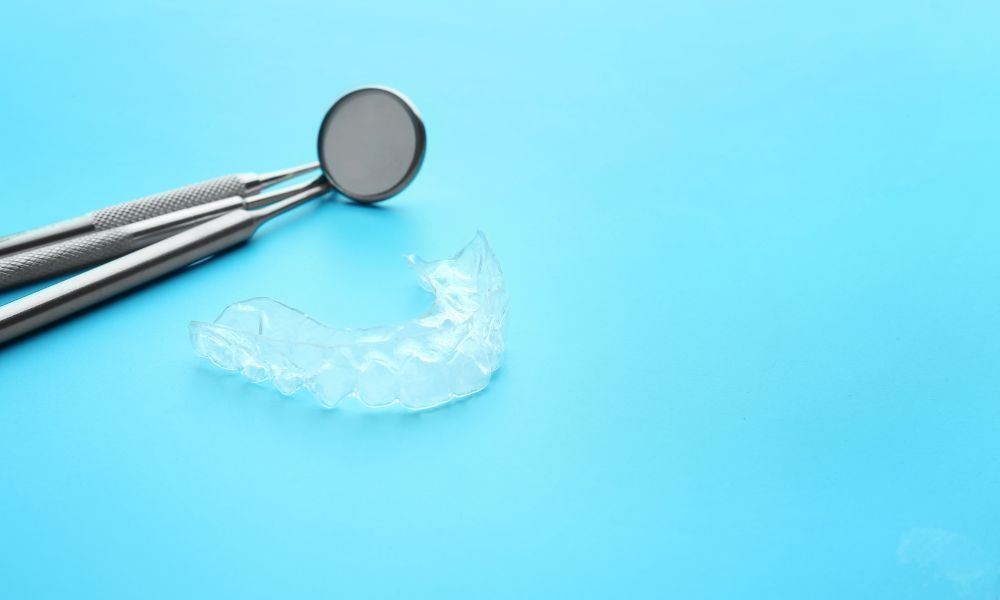
Introduction:
Temporomandibular joint disorders (TMJ/TMD) are complex and often painful conditions that affect millions of people worldwide. These disorders impact the temporomandibular joint — the hinge connecting the lower jaw to the skull — and can cause a broad range of symptoms, including jaw pain, headaches, difficulty opening or closing the mouth, and clicking or popping noises when moving the jaw. Managing TMJ/TMD requires a comprehensive and individualized approach, incorporating conservative treatments, therapeutic interventions, and, in some cases, oral appliances such as occlusal splints.
Occlusal splints, also known as bite guards, are custom-made removable oral devices that can play a vital role in successfully managing TMJ/TMD. These appliances are designed to fit comfortably over the upper or lower teeth to help achieve a more balanced and stable bite, reduce muscle tension, alleviate pain, and protect teeth from the effects of grinding or clenching. With proper use and guidance from a skilled orofacial pain specialist like Dr. Bloxham at Columbia Center for Sleep Apnea and TMJ, occlusal splints can significantly improve patients' quality of life and overall well-being.
In this comprehensive guide, we will delve into the different types of occlusal splints, how they work, their benefits in managing TMJ/TMD symptoms, what you can expect during the fitting and adjustment process, and practical tips for care and maintenance. By understanding the role of occlusal splints in TMJ/TMD management, you'll be better equipped to make informed decisions about your dental health and collaborate effectively with your healthcare provider on a personalized treatment plan tailored to your unique needs.
Types of Occlusal Splints
- Soft Splints
Soft occlusal splints are made from a pliable material and provide a cushioning effect to help alleviate symptoms associated with clenching or grinding the teeth. These splints are generally more comfortable to wear, but they may not offer the same level of support and stability as rigid splints. - Rigid Splints
Rigid occlusal splints are made from hard acrylic and provide a stable platform for the teeth to bite on. They are more durable and are often advised for people with more severe TMJ/TMD symptoms, as well as those with a history of bruxism (teeth grinding)." - Partial Coverage Splints
Partial coverage splints, also known as anterior deprogrammers, only cover the front teeth to keep the back teeth from touching and create a stable bite while minimizing muscle activity in the jaw.
How Occlusal Splints Work
- Stabilizing the Bite
One primary function of an occlusal splint is to create a stable, balanced bite, which helps to reduce strain on the temporomandibular joint and surrounding muscles. By maintaining proper alignment of the upper and lower teeth, the splint minimizes uneven pressure on the jaw and promotes a more balanced distribution of forces during biting and chewing. - Reducing Muscle Tension
Occlusal splints can help relax the jaw muscles by providing a physical barrier between the upper and lower teeth. This minimizes the effects of teeth grinding or clenching, allowing the jaw muscles to rest and reducing muscle tension, pain, and discomfort. - Protecting Teeth and Restorations
An added benefit of using an occlusal splint is protection for the teeth and any existing dental restorations, such as crowns or fillings. By preventing teeth grinding or clenching, splints can minimize tooth wear and prolong the lifespan of dental restorations.
The Fitting and Adjustment Process
- Examination and Diagnosis
The first step in implementing an occlusal splint as part of your TMJ/TMD treatment plan involves consultation and evaluation by a skilled orofacial pain specialist like Dr. Bloxham. They will assess the severity of your symptoms, examine your bite and jaw function, and determine if an occlusal splint is an appropriate solution for your needs. - Impressions and Fabrication
To create a custom-fit occlusal splint, your provider will take impressions of your teeth. These impressions are then used to produce a model of your mouth, which serves as the template to fabricate your splint. This process ensures that your occlusal splint provides a precise fit for maximum comfort and effectiveness. - Fitting and Adjustments
Once your occlusal splint is ready, your provider will fit the appliance to your teeth and make any necessary adjustments to ensure optimal comfort, functionality, and stability.
Caring for Your Occlusal Splint
- Keep it Clean
Properly cleaning your occlusal splint is essential to maintain its effectiveness and hygiene. Remove and clean your splint daily using a soft toothbrush and non-abrasive cleanser to remove any debris or residue. Do not use toothpaste, as it can be abrasive and scratch the material. - Protect When Not in Use
When not in use, store your occlusal splint in a protective case to ensure it stays clean and maintains its shape. - Regular Checkups and Adjustments
Attend regular checkups with your orofacial pain specialist to monitor your progress and make any necessary adjustments to your splint over time.
Final Thoughts
Occlusal splints can play a critical role in successfully managing TMJ/TMD symptoms by stabilizing the bite, reducing muscle tension, and protecting teeth and restorations. With the proper guidance from a skilled orofacial pain specialist from Columbia Center for Sleep Apnea and TMJ, a custom-made occlusal splint can contribute significantly to the improvement of your quality of life and overall well-being. Contact us today for a consultation with a TMJ pain specialist!
